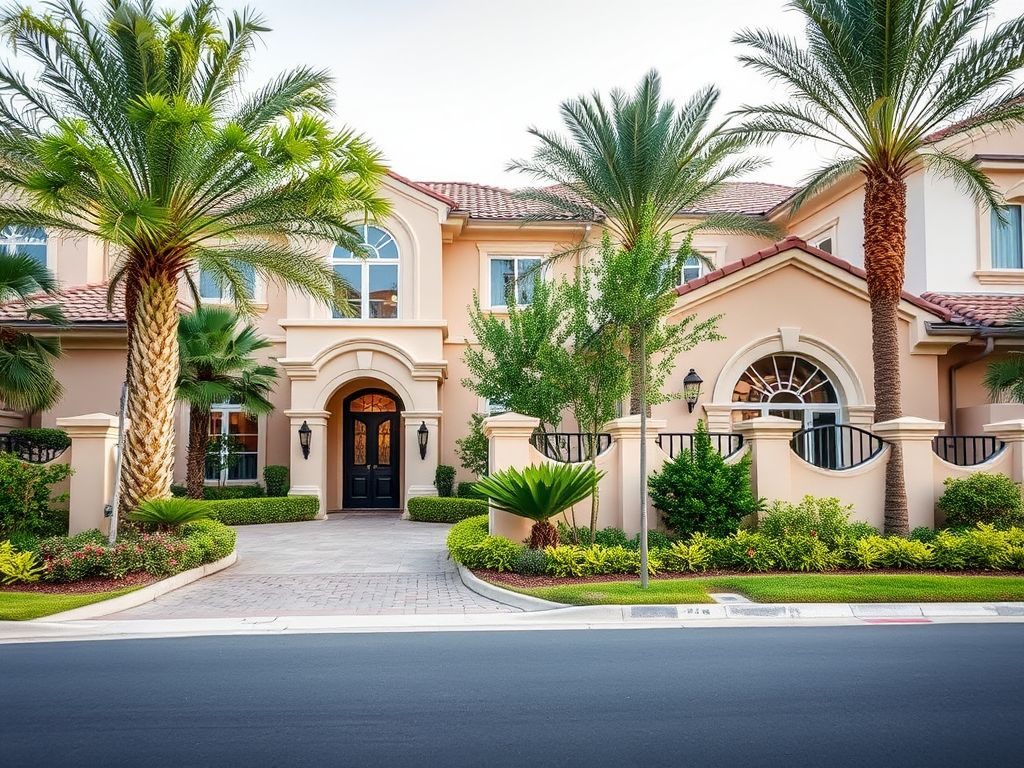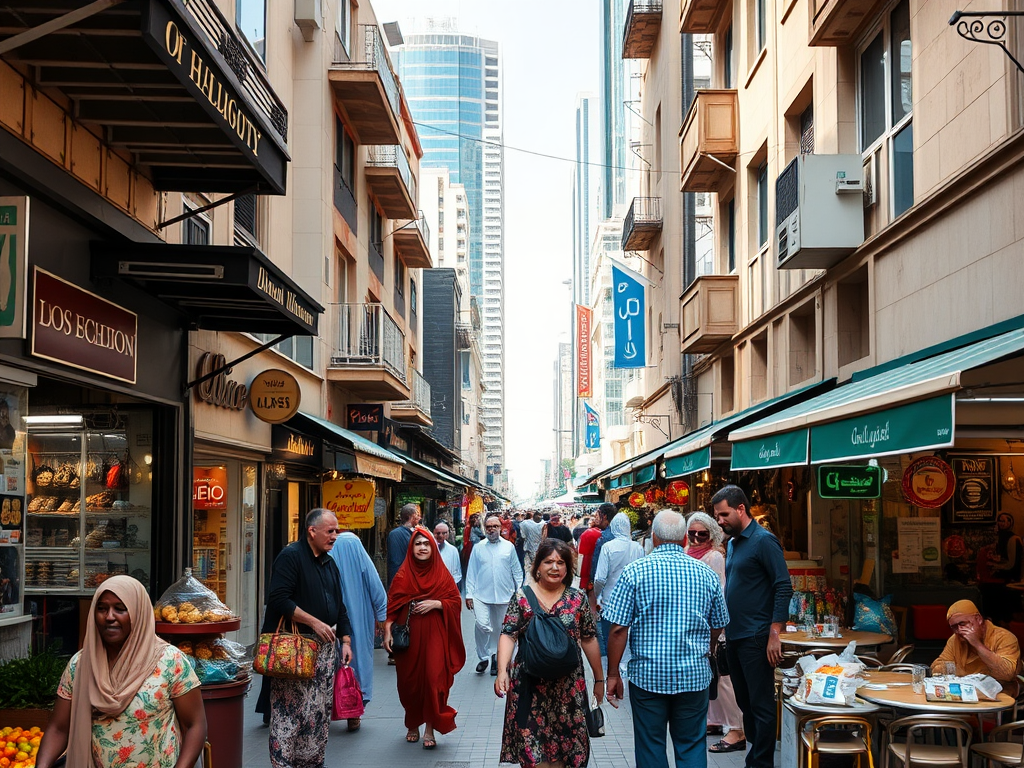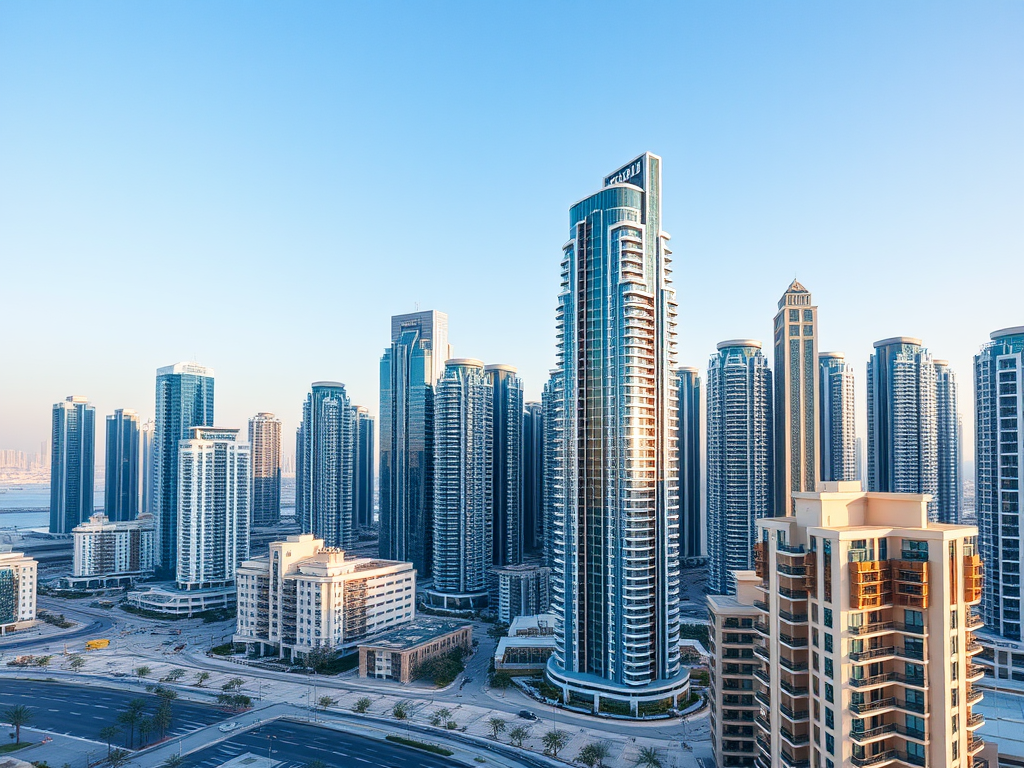Dubai has emerged as a prime destination for property flipping due to its rapidly growing economy, favorable investment climate, and attractive real estate market trends. With its luxurious lifestyle, world-class amenities, and booming tourism sector, the city attracts investors from around the globe. Additionally, regulatory reforms and infrastructure developments further enhance its appeal. This article will delve into the factors that position Dubai as a top market for property flipping, making it an attractive opportunity for both seasoned investors and newcomers alike.
The Booming Real Estate Market

One of the main reasons Dubai is a hotbed for property flipping is its booming real estate market. Over recent years, property values have seen significant appreciation, driven by high demand. Investors can benefit from capital gains when the properties are bought during low periods and sold during peak times. Key highlights of the real estate environment in Dubai include:
- Diverse Property Options: Dubai offers a mix of residential and commercial properties, catering to various investor preferences.
- High-Quality Developments: The city is known for its luxury and innovative architecture, making it attractive for buyers and tenants alike.
- Fluctuating Prices: The cyclical nature of real estate prices provides opportunities for savvy investors to capitalize on lower prices.
- Short-Term Rental Demand: With a steady influx of tourists, short-term rentals can provide quick returns on investment.
- Government Incentives: The UAE government actively promotes foreign investment in real estate, making the process smoother for investors.
Strategic Location and Infrastructure

Dubai’s strategic location as a gateway between Europe, Asia, and Africa enhances its appeal as a prime market for property flipping. The city’s robust infrastructure, including world-class transportation systems and state-of-the-art facilities, adds significant value to properties. Notable aspects include:
- Accessibility: Dubai International Airport is one of the busiest in the world, ensuring ease of travel for investors and tourists alike.
- Modern Transportation: An extensive metro system and well-maintained roads facilitate smooth commuting, enhancing property appeal.
- Proximity to Major Business Hubs: Areas like Dubai Marina, Downtown Dubai, and Business Bay attract professionals and expatriates, boosting rental demand.
- Future Development Projects: Ongoing projects such as Expo 2020 and various mega-developments promise sustained growth in the real estate sector.
The real estate sector in Dubai benefits from a robust regulatory framework designed to protect investors and encourage growth. The government has implemented several reforms aimed at simplifying property ownership and enhancing transparency. Key regulations and initiatives include:
- 100% Foreign Ownership: Foreign investors can own property outright, offering a lucrative opportunity for overseas investors.
- Long-Term Visas: New legislation allows property owners to obtain long-term residency visas, further incentivizing investments.
- Property Registration Transparency: The Dubai Land Department ensures clarity in transactions, minimizing risks associated with property flipping.
- Tax-Free Environment: The absence of property taxes and capital gains taxes makes Dubai an attractive market for real estate investments.
Growing Expatriate Population
Another driving force behind the property flipping trend in Dubai is the continual influx of expatriates seeking employment and lifestyle opportunities. The expatriate population contributes to a robust rental market, making Dubai even more appealing for property investors. Some reasons for the growing expat community include:
- Job Opportunities: Dubai’s diverse economy offers numerous job openings across various sectors.
- Attractive Lifestyle: The city provides a vibrant lifestyle with entertainment, dining, shopping, and leisure activities.
- Cultural Diversity: Dubai is a melting pot of cultures, making it welcoming for individuals from various backgrounds.
- Educational Institutions: Availability of international schools and universities attracts families looking to relocate.
Conclusion
In summary, Dubai’s property flipping market presents a wealth of opportunities for savvy investors. Its booming real estate landscape, favorable regulatory environment, strategic location, and the surge in expatriate population are key factors contributing to its attractiveness. As the city continues to evolve and grow, those looking to capitalize on property investments can find ample opportunity for profitable ventures in this dynamic market.
Frequently Asked Questions
1. What is property flipping?
Property flipping refers to the practice of purchasing a property at a lower price, making improvements or renovations, and then selling it at a higher price for a profit.
2. Why is Dubai a popular choice for property flipping?
Dubai offers a rapidly growing economy, high demand for real estate, a favorable regulatory environment, and strategic location, making it an ideal market for property flipping.
3. Are there risks involved in property flipping in Dubai?
As with any investment, there are risks, including market fluctuations, unforeseen renovation costs, and changes in demand. Conducting thorough research is essential to mitigate these risks.
4. What types of properties are best for flipping in Dubai?
Residential properties, especially those in popular areas with high rental demand, tend to be the best for flipping, along with commercial properties showing potential for growth.
5. How can one get started with property flipping in Dubai?
To start, research the market, identify desirable neighborhoods, network with local real estate professionals, and create a budget that includes purchase, renovation, and selling costs.
